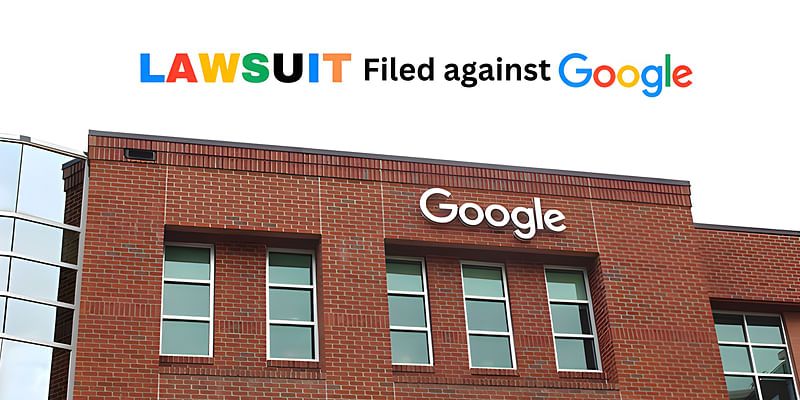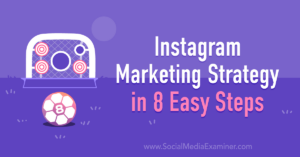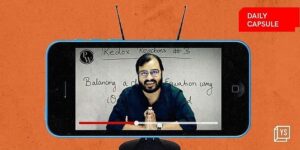
The tranquil silence of Google‘s global headquarters was shattered recently when a lawsuit was slapped on them, charging the tech giant, its parent company Alphabet, and AI subsidiary DeepMind with allegations of misusing user data.
Clarkson Law Firm, the force behind this legal upheaval, claimed that Google had dipped its enormous data-gathering fingers into the virtual lives of millions, gathering their data, and using it without permission to boost its AI products. If this feels like déjà vu, it’s because Clarkson had previously targeted another tech heavyweight, OpenAI, over similar accusations.
The contentious issue revolves around the recent tweaking of Google’s privacy policy. The firm decided to be frank with its users, stating that publicly available data could be used to refine its AI models, including their AI starlet, Bard. A bold move in the privacy-conscious era, Google seems to be toeing the line between technological advancement and public backlash.
AI’s burgeoning popularity has triggered an avalanche of privacy concerns. It’s an open secret that AI learns from vast piles of online data. While this empowers AI tools to draft written work or create images, it’s stirring a pot of copyright disputes and privacy fears.
Tim Giordano, an attorney at Clarkson, has voiced these concerns. In a passionate appeal, he reminded Google that “publicly available” doesn’t equate to a free-for-all. He argued that personal data is a prized possession, and no company should snatch it for their own use without express permission.
But it’s not all doom and gloom for Google. This lawsuit has cast the spotlight on the different ways data is used. Giordano compared Google’s search engine’s data use, which could boost someone’s work, to AI training’s data use, which could alter a work’s appeal and value.
Ryan Clarkson, another legal eagle at the firm, presented a potential solution. He suggested an “opt-out” opportunity, allowing users to choose whether their data is used for AI training without hindering their internet use.
With this lawsuit, Google is treading on thin ice. The final verdict may change the course of AI training, privacy rights, and copyright laws. Only time will tell whether the tech titan’s AI endeavors will see the light of day or be eclipsed by the rising sun of privacy concerns. Buckle up for a bumpy ride through the uncharted terrain of data privacy!










